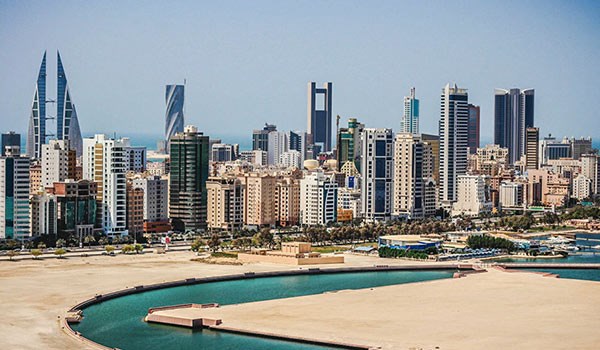
RNA - With the deadline expiring at midnight Sunday, Saudi Arabia, the United Arab Emirates, Bahrain and Egypt agreed to give Doha an extension to respond positively to their demands. The move came after a request by the Kuwaiti emir who is acting as mediator in the Persian Gulf crisis.
Strange enough, the biggest sectarian agitators in the region accuse Doha of supporting extremism and of being too close to regional arch-rival Iran, which Qatar has strongly denied. Riyadh's demands include ending Doha's support for the Muslim Brotherhood and Hamas, the closure of Al-Jazeera television, a downgrade of diplomatic ties with Iran, the shutdown of a Turkish military base in the emirate along with a number of other conditions.
Doha has so far indicated that it rejects the demands. "The list of demands is made to be rejected," Qatar's Foreign Minister Sheikh Mohammed bin Abdulrahman Al-Thani said Saturday in Rome. "The state of Qatar is rejecting it as a principle," he said, adding, "We are willing to engage in providing the proper conditions for further dialogue."
It’s generally accepted that the response to the demands will be “no,” and it is unclear what the Saudis will do afterwards. On that note:
If there were two regimes that needed to give in to a long list of demands from the international community, it had to be Saudi Arabia and Israel - not Qatar. For instance, the ongoing Saudi-led war on Yemen is relatively similar to the Israeli wars against Gaza. This includes their military tactics as well as their focus on civilian targets, blockade and ceasefire.
Just like their Israeli counterparts, the Saudis say neither Saudi nor international laws are broken in aerial attacks that deliberately lead to civilian deaths in places like schools, markets and hospitals. They say no criminal charges would be made or disciplinary action taken against those involved in airstrikes that cause a direct and harmful effect on the entire civilian population - a policy that has spurred worldwide condemnation.
A side from these, Saudi Arabia and Israel share a set of behaviors in international arena as well. They both claim they are defending themselves and their airstrikes are aimed at “lawful” targets. They allege that resistance fighters and commanders are so-called "Iranian agents" hiding in residential neighborhoods, and that efforts have been made to limit collateral damage.
Other common cases include forming a bogus international coalition, targeting the regional Resistance Axis represented by Iran, drawing support and complicity of world’s organizations and powers, dismissing international norms beside imposing economic blockades and military siege. They also implement the corporate media power to launch a psychological warfare to fulfill their objectives – even when there is a cessation of hostilities.
Mind you, the permanent war on Islam - on the pretext of fighting error - has proven big business for the US too. The US military provides aerial refueling to Saudi bombers conducting airstrikes in Yemen. Washington has also been providing money and weapons to the Israelis and drone-fed logistic and surveillance support to the Saudis in the bloody campaign against Yemen. All this and more leads us to the conclusion that although Qatar has some serious explaining to do with its regional policies and plans, it is in fact Saudi Arabia and Israel that need to change course and meet so many international demands. More so, it is the War Party in Washington that needs to free US Middle East policy from its Israeli-Saudi-centric, Cold-War-era thinking.
As per International Law and UN Charter, Washington should halt the Mideast carnage and alleviate human suffering, advance security and peace in Syria, Yemen and Palestine, avert international condemnation, and effectively counter terrorism and extremism, whether Takfiri, Wahhabi, or any other variety.
This list of lawful demands by the international community could go on forever. For instance, the autocratic regimes in the Persian Gulf should also hold free and fair elections. The Arab regimes persecuting Qatar today – the counter-revolutionary axis in the region – are all vulnerable to being overthrown by popular revolution and replaced by democratic governments and political groups, so seeing these same groups presented as legitimate political opposition by Iran and being allowed to agitate for democratic change represents a clear existential threat to Saudi Arabia, the United Arab Emirates, and Bahrain.
The Saudi-led counter-revolutionary axis expends significant resources suppressing and demonizing many of the same groups to which the Iranian-led Axis of Resistance gives voice. The problem for them is that Iran is on the right side of history when it comes to democracy and the Real War on Terror in Iraq and Syria.
Arab nations generally are fed up with their corrupt and useless unelected regimes and are ready for a democratic alternative in future. Many Sunni Arabs find Iran’s democratic, revolutionary discourse and optimistic vision of the future much more inspiring than the American-Zionist visions their widely hated, feared, and unelected regimes are peddling.
847/940